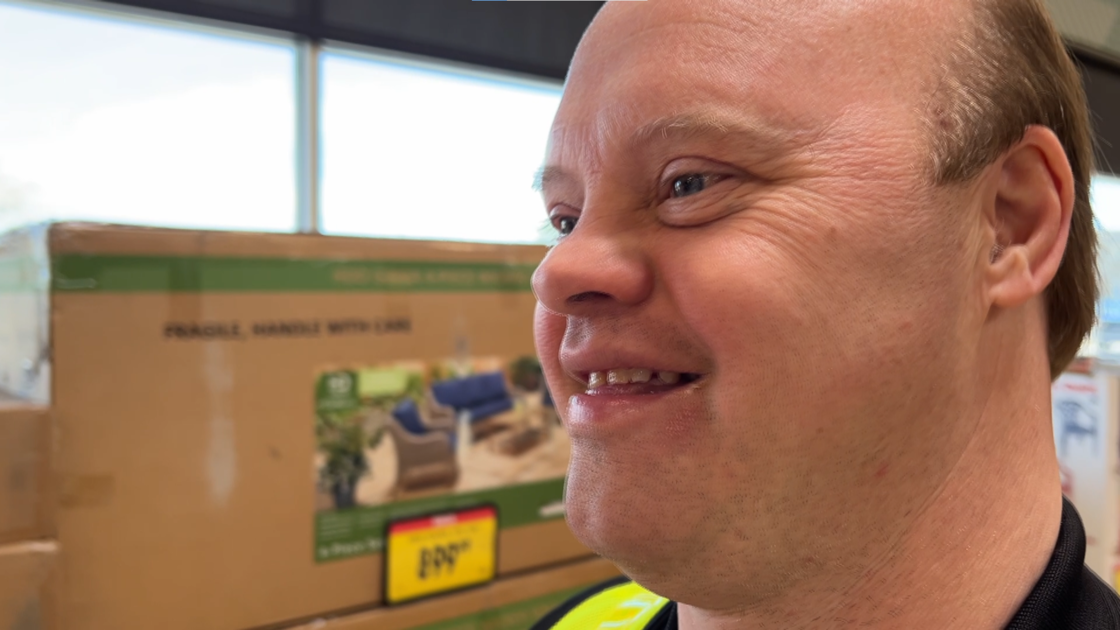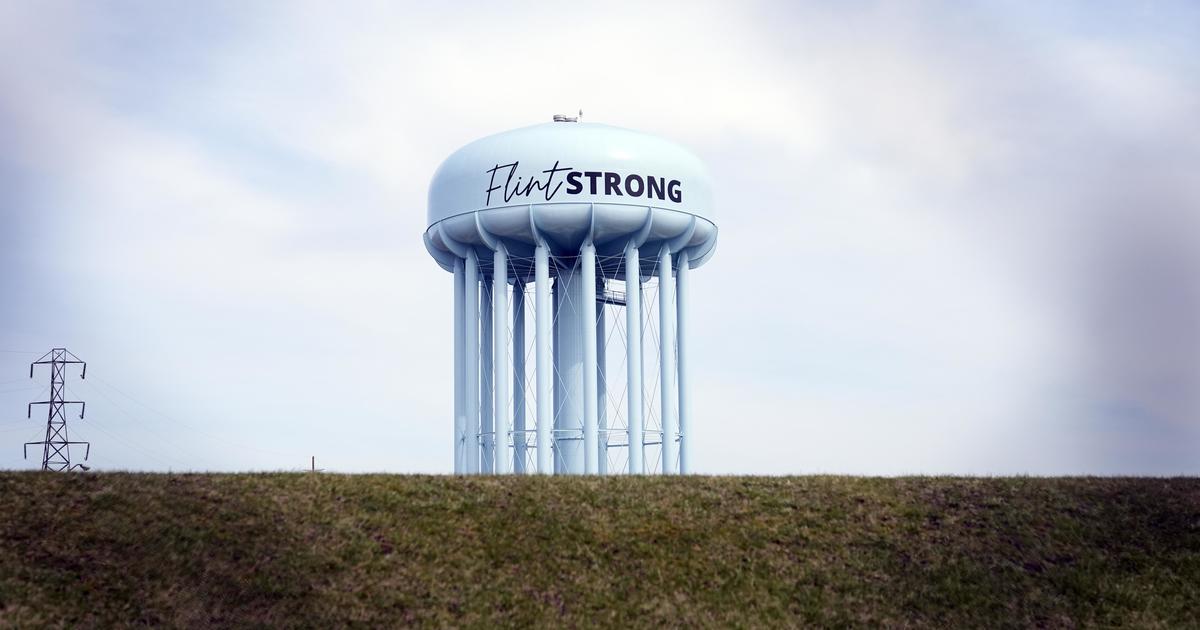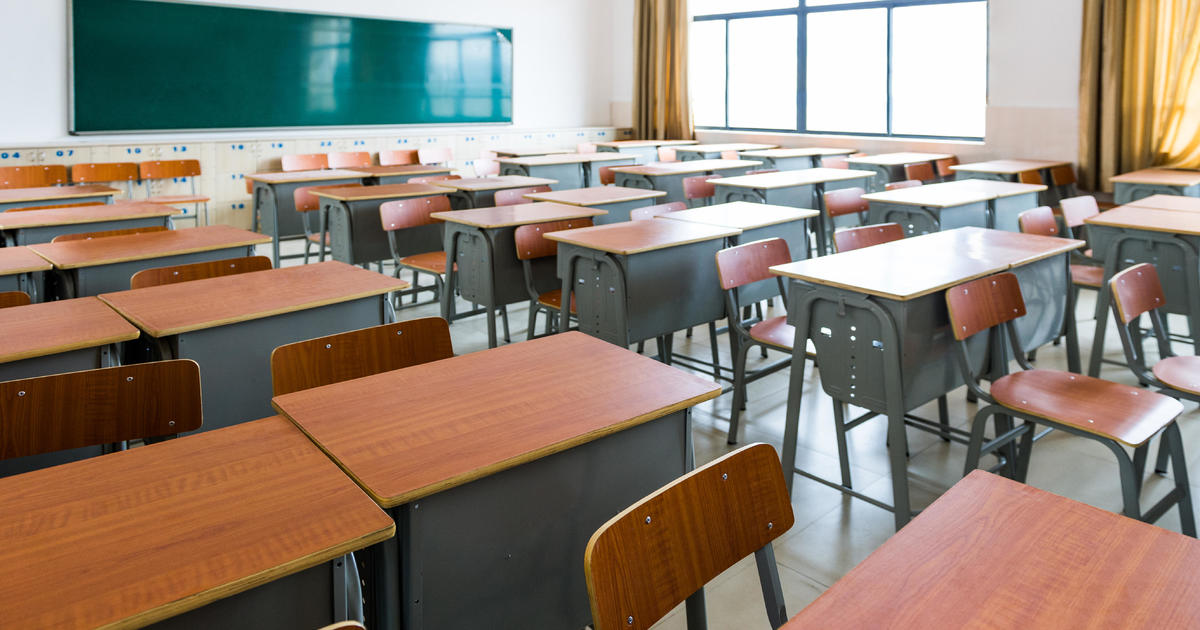Ann Arbor Startup Turning Wind, Water Into Power
An engineer's "aha" moment while driving through a snowstorm may someday create megawatt after megawatt of clean, green electricity.
Ann Arbor-based Accio Energy was started by serial entrepreneur Dawn R. White and David Carmein in 2008.
Carmein and White had worked together on another high-tech startup, Solidica, a materials engineering company with a defense industry focus, and according to White, "we knew we wanted to do something in alternative energy."
Exactly what awaited Carmein's aha moment.
"I was driving back from my mother-in-law's cabin south of Jackson in the winter, and there was snow with lots of wind, and you know what they say about the idle mind," Carmein said. "I thought, 'Wow, that looks like really good energy transfer between the wind and the snow. Now if we could just make that snow do some work.' I pulled out my old physics texts and looked at what you could do with moving particles through various types of fields, and the electrostatic field became the leading candidate. Then I looked to see if someone else had done this. And it turns out someone else had, with water, over a couple of decades ago."
Accio Energy is essentially working on wind energy that doesn't use turbine blades to spin magnets and coils of wire to create electricity.
Instead, Accio's device -- which looks a bit like a radiator -- uses the wind to drive tiny droplets of water past conductive metal, which creates an electric field. The wind also drives the positive charge away from the device, leaving a negative charge that can be harvested as electric current.
The state of the art in engineering -- and in software and electronic controls that would be required to make such a system work -- has come a long way in recent decades, long enough to make the device feasible.
"We discovered it was something people had looked at 30-40 years ago and couldn't make it work, but we also realized a lot of enabling technology has come a long way since the last time anybody looked at this, so we might really have something here," White said.
White, president and CTO of Accio, has a Ph.D. in mechanical engineering from the University of Illinois and worked in materials and joining sciences, first in Minneapolis-- where she worked with Carmein's wife -- and later for Ford Motor Co.
"It's like a thunderstorm, in a way," White said. "In a thunderstorm you have rotating winds operating on water droplets, separating the positive and negative charge. Coupled with the temperature difference between the top of the storm, up where it's really cold, and the bottom of the storm at ground temperature, you wind up with a giant capacitor. And when it gets to a couple million volts – bang -- you get a bolt of lightning. This is a more controlled version of that."
Jennifer Baird, another Ann Arbor entrepreneurial veteran brought on board as CEO of Accio in 2010, said the ultimate size of Accio's generation arrays "will probably be the size of what you can fit in a container truck, the seven- to 12-foot range." They'll be mounted on poles -- the higher the better for stronger winds. From the ground they'll look like gray, translucent panels.
Accio's offices and labs, in those seemingly endless tech startup spaces south of Ann Arbor off of State Street, features a one-foot-by-one-foot prototype where they're experimenting on the effects of different water droplet sizes and different wind speeds on power output. You can tell the company is still in startup mode when they tell you the device that atomizes water into droplets comes off a nasal spray bottle.
But Accio has ambitious commercialization targets, including scaling up to deliver meaningful watts per square meter of panel this year, and field testing a prototype system in 2012.
And the company has attracted serious investor attention, including winning $25,000 in the Accelerate Michigan Innovation Competition at the University of Michigan last December. Also, it recently secured $1.4 million in angel capital funding to go with an earlier round of $500,000. Other previous investors include Oakland County-based economic development group Automation Alley and the Frankel Commercialization Fund, which is run by business students at the University of Michigan.
Baird -- recruited by Accio after a successful stint at Accuri Cytometers, a laboratory cell analysis equipment firm bought in February by Becton Dickinson -- is convinced that the Accio devices will compete and beat large wind turbines and solar panels.
"Wind turbines are a small batch technology -- you're never building that many of them at once," she said. "This will be much more mass market, easier to build in greater numbers, easier to move around. It's like a radiator to manufacture, it's mostly tubing. And our goal is to reach better power density for a given area than a solar panel."
More at www.accioenergy.com.



